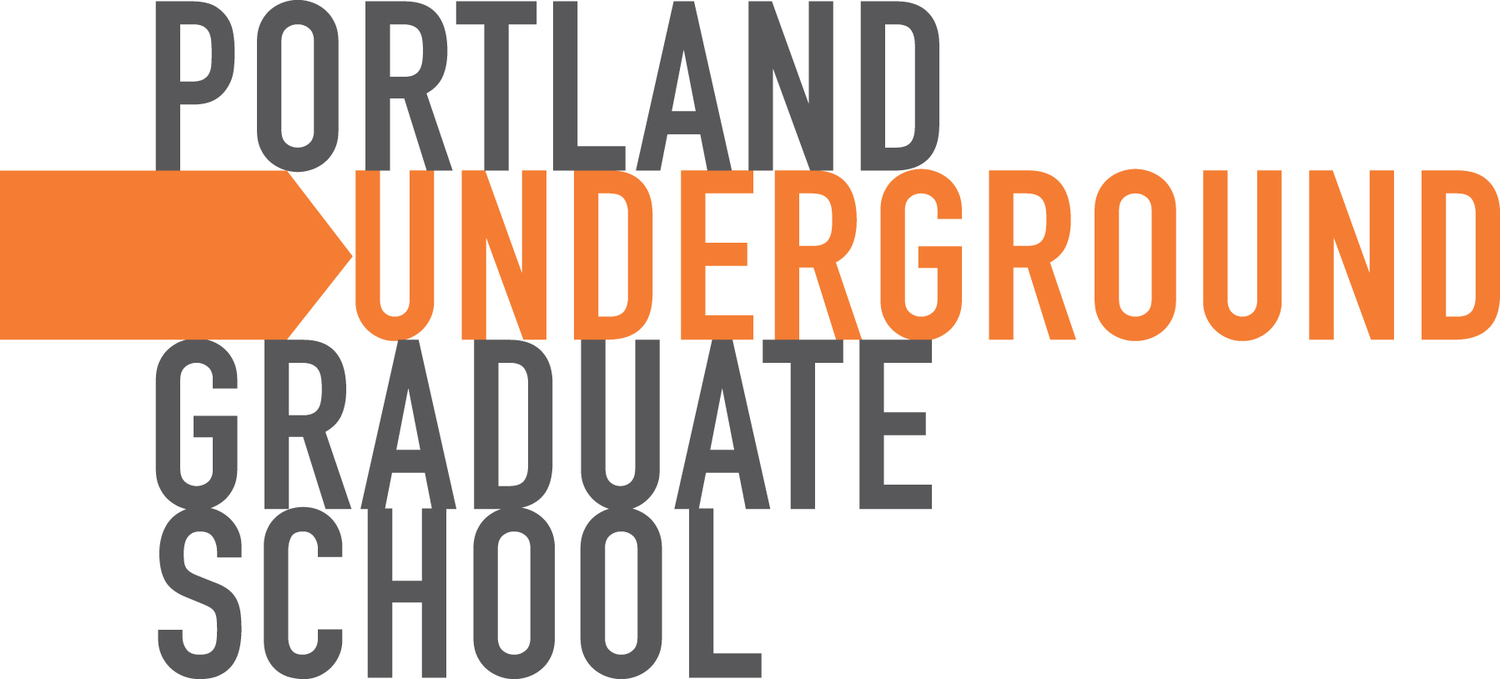From #BlackLivesMatter to Lasting Police Reform in Oregon
/In this course, we examine the history of police reform in Oregon. Image: BobboSphere, Creative Commons.
Racial profiling in policing is at a flashpoint in Portland and elsewhere, and communities are asking how we can demand change while protecting our most vulnerable community members. We asked Brandon Lee, instructor for our March course Best Practices in Community Conscious Policing, to talk with us about police reform and bias training in Oregon.
Q: What is the history of police reform in Portland and what is the situation today?
Best Practices in Community Conscious Policing begins with a brief history of police accountability and reform efforts nationwide. I included research that is relevant to the experiences of both community and law enforcement through our data collection process to provide context for our work. My book is intended to be used as a tool and educational resource. It includes reports that document the impact of the Oregon Exclusion Laws and how they continue to affect the everyday lives of black, native, transgender and people of color. In this Reflection of Law Enforcement Community Building Workshops, I was careful to recognize the work of specific police departments and community-led organizations who each played a role in paving the way for the work we do now.
The book and class culminate in the revelation of a personal case study that happened to me. It involved former City of Portland Police Chief Danielle Outlaw when we both lived in Oakland. The insights gleaned from my own experiences of being racially profiled have proven to be useful for both police looking to build authentic relationships with diverse constituents and community members seeking accountability after their civil liberties/human rights were infringed upon by law enforcement.
What distinguishes Community-Conscious Policing from other models is that we work in both police accountability and training. We incorporate lessons learned from diverse community perspectives into law enforcement training, which can then be enforced through policy. Police accountability will not be successful until community voices are included in law enforcement training and civilian oversight of the police. Also, Community-Conscious Policing is a training curriculum designed by my partner and me. We are diverse community members who bring a track record of removing barriers and creating access for affected people in the community to share their testimony directly with decision-makers in local law enforcement through our experiential learning exercises. In exchange, community members learn more about the challenges facing police and tips on how to better engage with them. The 3 pillars of our work are to eliminate all forms of violence, reduce liabilities for taxpayers, and restore genuine trust between the best of law enforcement and community who are most impacted by them.
Q: What makes for an effective police bias training?
Many diversity trainings are simply outdated. They’re kind of a one-size-fits-all and I think that’s the reason why many of these don’t make an impact. They’re useful to check boxes, but when it comes to cultural paradigm shifts, I think that’s where it meets challenges. It requires an organization’s investment to sustain change over years by shifting beliefs. Many of our workshops culminate in some style of roleplaying activity. So, participants in a small group can act out a real-life scenario…similar to meditation where you’re being the observer—you’re not the actor in it. You’re able to press pause and ask for collective wisdom from the group on how to navigate a certain scenario and you can do it with less emotional attachments and really glean some really useful insights that may be useful moving forward. The other piece is to actually be the roleplayer, where you’re able to actually practice these insights that you’ve gleaned and see how someone might respond to that…I think roleplaying has been really critical in helping folks see other perspectives.
Q: How can regular people be involved in community-conscious policing?
The best way to get involved with Community-Conscious Policing is to register for this class. Another way for people to engage with us is to buy my book Best Practices in Community Conscious Policing: A Reflection on Law Enforcement Community Building Workshops available through Amazon and all major outlets. Finally, we offer keynote speaking engagements that are generally open to the public and some are free to attend. For example, we just wrapped up a grant for Civic Dialogues where we offered 10 workshops sponsored by the Office of Community and Civic Life on Racism, Trauma, and healing in collaboration with community-based organizations around Portland. Next, I am hosting a class on Black Founders of the United States of America hosted by First Unitarian Church of Portland for Black History Month. Interested people can register through our website. We are also @T4Tsaveslives on Facebook and LinkedIn.
Q: What understandings and tools do you want people to gain from your course?
My book and the class ends with 25 new recommendations from around the country that showcases legislation, pioneering organizations doing cutting edge work, group violence reduction strategies, mental health best practices for law enforcement and models that each play a role in providing a public health response to law enforcement violence.
Join Brandon at PUGS for Best Practices in Community Conscious Policing from Saturday, March 7.


